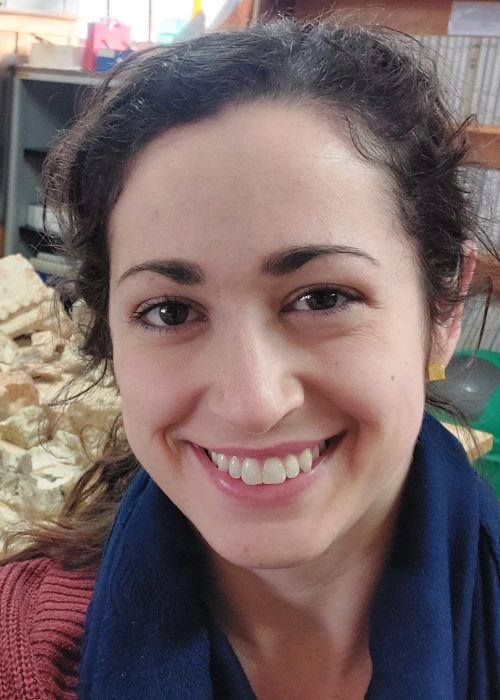CAMS 140 investigates the culture and society of the ancient Greeks based on the material remains from the Middle and Late Bronze Age (c. 1700-1100 BCE), through the Dark Age (c. 1000-800 BCE), and into the Geometric Period (eighth century) and through the Classical Period (fifth and fourth centuries BCE) when the city of Athens was at its height of political and cultural influence and ends with the conquests and death (323 BCE) of Alexander the Great in the East and the aftermath of his death in Macedonia in Greece. Throughout the course, when relevant, ancient literary sources are also discussed. The course begins with a survey of geography, chronology, and scientific methods of dating. The course emphasizes the archaeological sites that illustrate each period, in the Bronze Age Knossos on Crete, the citadels and palaces at Mycenae and Pylos on the Greek peninsula, and at Troy in Anatolia. In the Archaic and Classical Periods the course covers Greek sites such as the Sanctuary to Zeus at Olympia, the Sanctuary to Apollo at Delphi, and the Sanctuary to Athena on the Acropolis of Athens as well as the Athenian Agora, the Civic Center and Market Place of Athens. The course ends with the conquests of Alexander the Great (323 BCE) and the immediate aftermath including an examination of the intact and unrobbed Royal Macedonian Tombs at Vergina.
Instructor:
